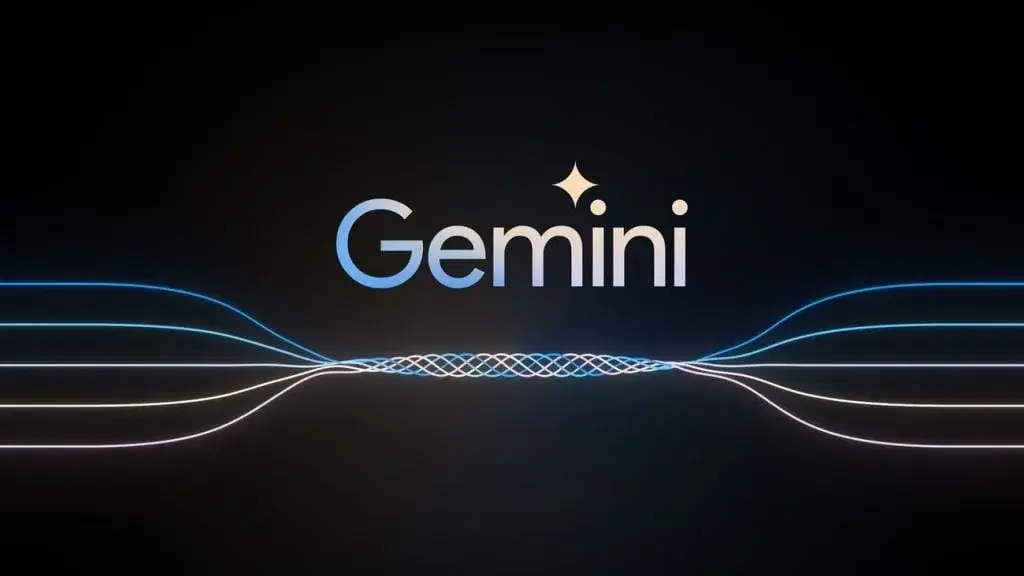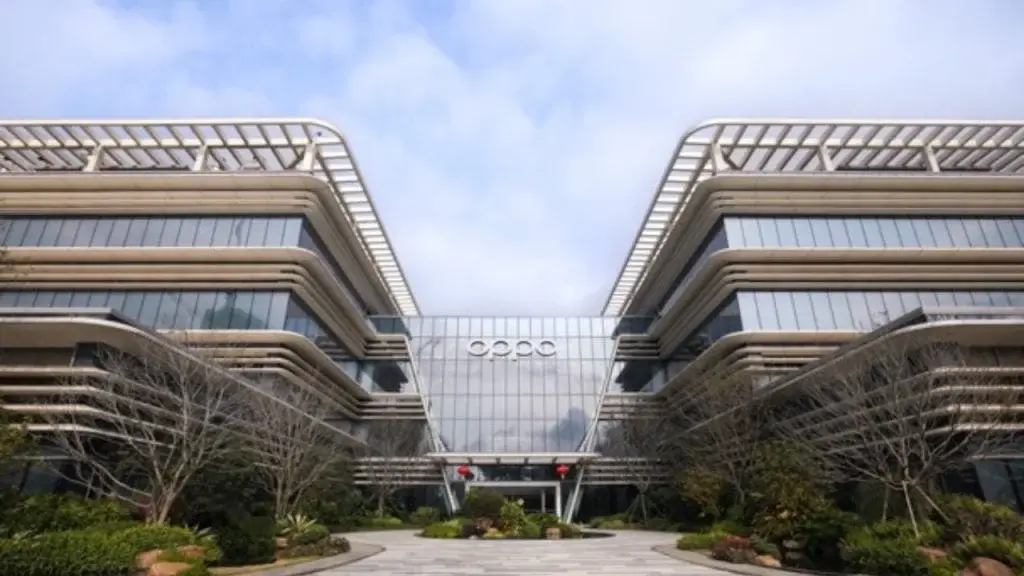Google’s Integration of Advanced AI Models into Android Phones
Google has revealed its strategy to integrate its sophisticated AI language models, dubbed Gemini, directly into Android smartphones by 2025. This decision follows the earlier launch of Gemini Nano, a scaled-down version of the AI model that relies on internet connectivity.
Gemini Ultra: A Paradigm Shift in AI Integration
Google’s Gemini Ultra stands out as a formidable model with a staggering 1.56 trillion parameters, placing it in the league of OpenAI’s GPT-4 in terms of language comprehension and generation capabilities. The integration of Gemini Ultra has the potential to usher in a host of innovative features and functionalities for Android users.
AI and the Smartphone Market: A Potential Supercharge
In a market where smartphone sales have hit a plateau, the industry is eyeing AI as a catalyst for innovation and renewed consumer interest, envisioning a potential “AI supercycle.” However, analysts remain cautious, citing that current advancements may not be compelling enough to drive widespread upgrades from existing devices.
Google’s AI-Powered Initiatives
Amidst varying industry sentiments, Google and other technology giants are channeling significant investments into AI-driven chatbots and virtual assistants. The transformation of Google’s Bard app into Gemini exemplifies this commitment. This move aligns with CEO Sundar Pichai’s vision of a unified AI agent seamlessly aiding users across the Google ecosystem.
The forthcoming integration of advanced AI models into Android devices in 2025 marks a potential shift towards a more intelligent and personalized mobile experience. The extent of this transformation and its impact on users is yet to be fully unveiled.






